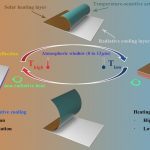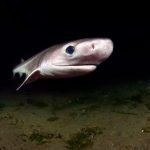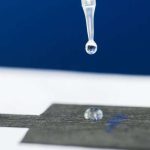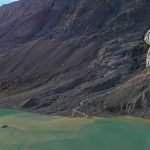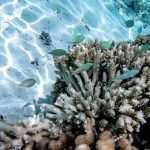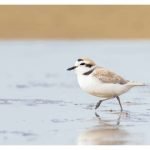Cool tech from scientists: A new device warms and cools buildings for free!
In our quest to be kinder to our planet, how we keep our buildings warm in the winter and cool in the summer is...
One in seven deep sea sharks and rays faces extinction risk
Deepwater sharks and rays, mysterious creatures that dwell in the ocean's shadows, are facing a dire threat due to overfishing, reveals an extensive eight-year...
A new way to remove harmful ‘forever chemicals’ in water
Scientists from the University of Rochester have made a groundbreaking advancement in the fight against pollution from "forever chemicals," known for their persistence in...
Arctic ice decline impacts marine life and ocean productivity
The Arctic Ocean, a realm of extreme conditions and profound beauty, is witnessing a dramatic transformation.
Over the past quarter-century, the Arctic's summer sea ice...
Can tiny plastic pieces affect our health?
Since their invention over a century ago, plastics have become part of our daily lives. Our food and drinks are often packaged in plastics....
Reduce tap water microplastics by boiling, study suggests
In a world increasingly troubled by pollution, the presence of nano- and microplastics (NMPs) in our environment has become a pressing concern.
Found in water,...
Air quality may change suicide risk
In a new study that spans the fields of environmental science and public health, researchers from the United States and China have uncovered a...
The vital role of overexploited sea cucumbers in coral reef health
In the vast and vibrant underwater world of our oceans, coral reefs stand as bustling metropolises of marine life.
Often hailed as the rainforests of...
Persistent pollutants hit record highs in Holloman base wildlife
In the vast, dry landscapes of New Mexico, an unexpected environmental crisis has been unfolding, shedding light on the pervasive and lasting impact of...
How climate change intensifies tropical rainfall
In a new study published in Science Advances, scientists from the Institute of Science and Technology Austria (ISTA) and the Max-Planck-Institute for Meteorology have...

